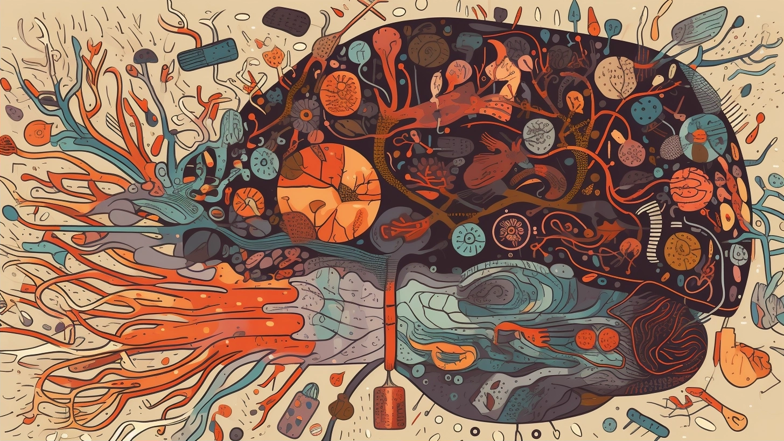
The Nervous System
The nervous system is responsible for transmitting signals within the body. The system is divided into two parts: the central nervous system (CNS) and the peripheral nervous system (PNS). The CNS is composed of the brain and spinal cord, while the PNS consists of nerves that run throughout the entire body. This system is responsible for delivering information from the different parts of the body to the brain and vice versa. The nervous system is also responsible for various physiological and psychological processes in the body.
The Immune System
The immune system is responsible for protecting the body from diseases and infections. The system is composed of different cells, tissues, and organs that work together to detect and eliminate foreign invaders. Some of the key components of the immune system include white blood cells, antibodies, and lymphatic vessels and nodes. The immune system is a highly efficient defense mechanism against pathogens and other foreign substances.
Interaction between the Nervous and Immune Systems
There is a robust interaction between the nervous and immune systems. The cerebral cortex, hypothalamus, and medulla oblongata are three regions of the brain that are responsible for regulating various immune functions. These brain regions receive input from different stimuli in the body and can initiate immune responses.
Cytokines are molecules that are involved in the communication between the nervous and immune systems. These molecules are produced by different cells of the immune system and can modulate the activity of neurons in the brain. Cytokines can also influence the function of other cells within the immune system. This interaction is crucial for maintaining homeostasis and for a healthy immune response.
Research in Neuroimmunology
Recent research has shed light on the intricate relationship between the nervous and immune systems. One of the main findings is that the immune system can influence brain function and cognitive processes. Studies have shown that inflammation, which is a component of the immune response, can lead to changes in brain function and behavior. For example, individuals with chronic illnesses that cause inflammation, like rheumatoid arthritis, have higher rates of depression. This suggests that the immune system can have a significant impact on mental health.
Another finding is that the nervous system can modulate immune function. Studies have shown that stress can lead to altered immune responses. For example, chronic stress can lead to a decrease in the production of cytokines, which can compromise immune function. This suggests that the nervous system can play a role in regulating immune responses.
Implications for Treatment and Future Research
Understanding the complex interplay between the nervous and immune systems has significant implications for the treatment of various disorders. Researchers have found that certain therapies that target the nervous system, like cognitive-behavioral therapy or meditation, can lead to improved immune responses. Additionally, treatments that target the immune system, like biological therapies for autoimmune diseases, can also have an impact on brain function and mental health.
Future research on neuroimmunology can help us gain insight into the mechanisms underlying the connection between the two systems. This can lead to the development of new treatments and therapies for disorders that involve both the nervous and immune systems, like chronic pain, autoimmune diseases, or depression.
In conclusion, the nervous and immune systems are two complex bodily systems that interact with one another in intricate ways. The field of neuroimmunology aims to understand the relationship between the two systems and has led to new insights into their interplay. Researchers have found that the immune system can influence brain function and cognitive processes, while the nervous system can modulate immune function. This understanding has significant implications for the treatment of various disorders and can pave the way for future research in the field.
Comments
Post a Comment